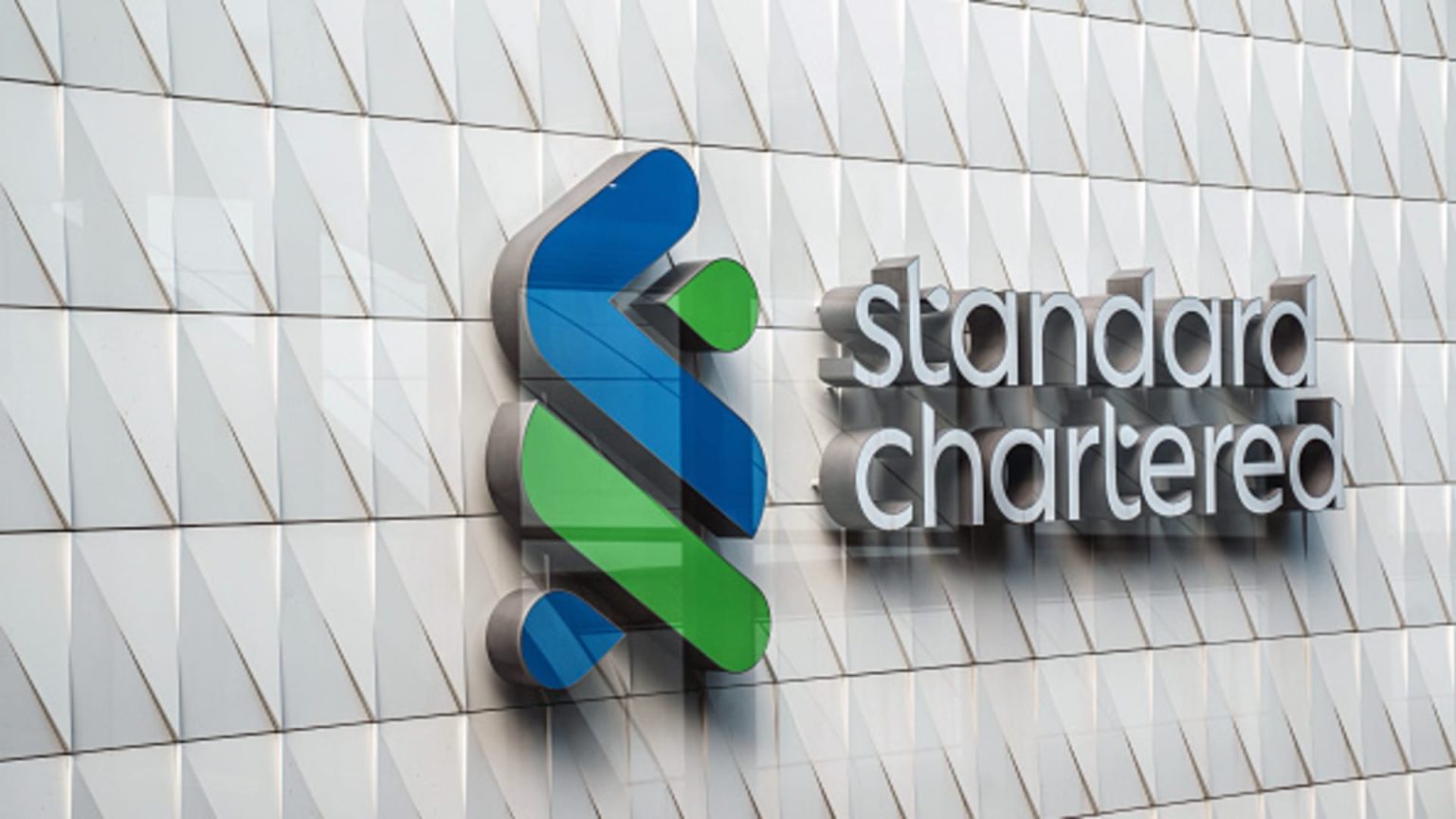Recent court documents allege that British bank Standard Chartered helped finance sanctioned Iranian entities and terrorist groups, with claims that U.S. authorities ignored evidence of wrongdoing. Standard Chartered, which primarily serves clients in emerging markets, was previously fined over $1.7 billion for violating sanctions on Iran and other blacklisted countries. The bank denies running transactions for designated terrorist organizations. Former employee turned whistleblower Julian Knight alleges that U.S. officials lied about being provided with evidence of greater wrongdoing by the bank, leading to the dismissal of his whistleblower case in 2019. Knight has requested a U.S. federal court in New York to reinstate the case.
Knight, who led a transaction services unit at Standard Chartered from 2009 to 2011, provided U.S. investigators with confidential bank statements in 2012 and 2013, showing evidence of sanctions breaches beyond 2007 when the bank claimed to have stopped dealings with Iran. The court filing alleges that the U.S. government committed a “colossal fraud” by denying the damning evidence that Standard Chartered facilitated billions of dollars in transactions for Iran, various terror groups, and their front companies. Some evidence indicated that the bank’s clients included front companies for Iran’s Revolutionary Guard Corps, Hamas, Hezbollah, and Iran-linked entities in other countries.
The two whistleblowers alleged that U.S. authorities who investigated Standard Chartered made false statements in court to dismiss their claim for a whistleblower’s reward in 2019. The FBI agent involved said that the claims did not lead to the discovery of any new violations, resulting in the case being viewed as meritless. The ICIJ report suggests that the U.S. government may have misled the court about conducting a thorough investigation into the claims or knowingly concealed the transactions provided by the whistleblowers. Standard Chartered denies the allegations, stating that previous claims have been discredited by U.S. authorities who found no violations of sanctions.
In response to the allegations, a Standard Chartered spokesperson dismissed Knight’s court filing as an attempt to use fabricated claims against the bank, following previous unsuccessful attempts. The bank maintains that the false allegations have been thoroughly discredited by U.S. authorities who conducted a comprehensive investigation into the claims and found them to be meritless. It asserts that the allegations of facilitating transactions for sanctioned entities and terror groups are unfounded. The bank’s denial of wrongdoing contrasts with the whistleblower’s claims that ample evidence exists to suggest involvement in illicit financial activities.
The controversy surrounding Standard Chartered’s alleged role in financing sanctioned Iranian entities and terrorist groups highlights the challenges faced by whistleblowers seeking to expose wrongdoing within financial institutions. The case raises questions about the effectiveness of regulatory oversight and the willingness of authorities to investigate claims of financial misconduct. It also underscores the complexities of enforcing sanctions on countries and entities deemed to be threats to national security. The outcome of this legal battle will have implications for the bank’s reputation and could result in further consequences if evidence of wrongdoing is substantiated.













